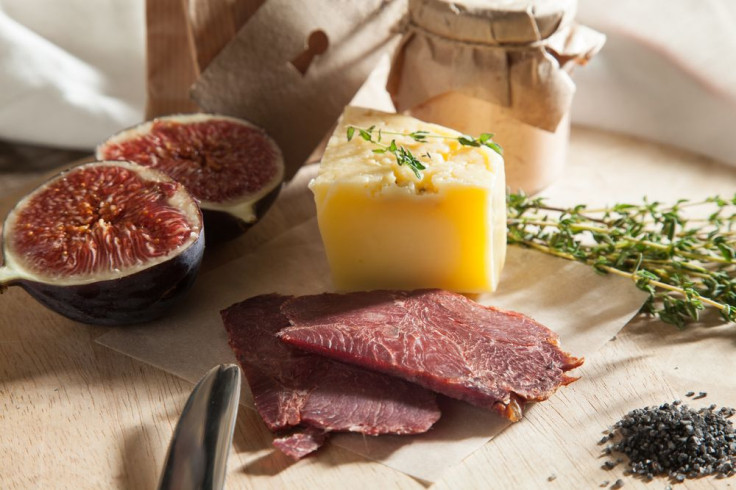Meat And Cheese 'As Bad For You As Smoking'? High-Protein Diet In Middle Age Quadruples Risk Of Cancer Death

Foods high in animal protein have been tied to a fourfold increase in the risk of cancer death, making a diet heavy on meat and cheese nearly as deadly as smoking.
Corresponding author Valter Longo of the University of Southern California said that the results of the new study also serve as a reminder that dieting is always a complex issue. "There's a misconception that because we all eat, understanding nutrition is simple,” he said in a press release. “But the question is not whether a certain diet allows you to do well for three days, but can it help you survive to be 100?"
For middle-aged people, the risks are not limited to cancer. The new findings, which are published in the journal Cell Metabolism, show that people in their fifties who stick to a high-protein diet are nearly twice as likely to die of any cause compared to those who consume low amounts of protein. They are also significantly more likely to develop diabetes.
Unfortunately, the detrimental effect doesn’t appear to diminish for people who consume a moderate amount, which is typically defined as receiving 10 to 19 percent of your total caloric intake from protein. A survey of 6,318 adults found that the average — 16 percent of total daily intake — still corresponded to a 300 percent higher risk of cancer death compared to that of people who get less than 10 percent of their energy from animal protein.
That is not to say that you should cut protein out of your diet altogether. "The majority of Americans are eating about twice as much proteins as they should, and it seems that the best change would be to lower the daily intake of all proteins but especially animal-derived proteins," Longo explained. "But don't get extreme in cutting out protein; you can go from protected to malnourished very quickly."
For example, once you turn 65, a sensible intake of these proteins may be essential to staying healthy.
In the end, it’s all about keeping an eye on your intake of particular nutrients — not just the overall calorie count. "Almost everyone is going to have a cancer cell or pre-cancer cell in them at some point. The question is: Does it progress?" Longo told reporters. "Turns out one of the major factors in determining if it does is protein intake."
Published by Medicaldaily.com



























